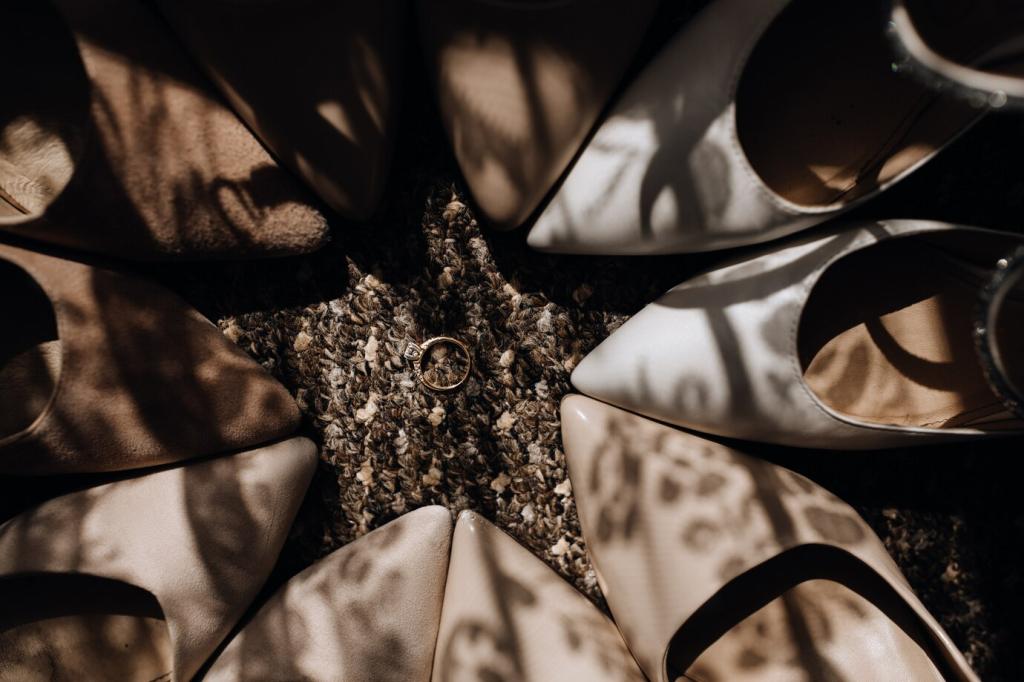Clarity at Home: The Role of Visual Order in Interior Design
Foundations of Visual Order
Similarity, proximity, and closure sound academic, but they shape how we perceive rooms. Group related objects, repeat materials, and align edges. Your eye relaxes when it recognizes patterns. What principle do you instinctively use most?
Foundations of Visual Order
Rooms, like pages, need hierarchy. Establish a clear focal point, then arrange supporting elements in decreasing prominence. Your gaze should flow from anchor to accent. Comment with your current focal point and how you emphasize it.




Color and Contrast as Organizers
Choose a base color, two supporting hues, and one accent for energy. Limit wood tones and metals to a couple families. Consistency reads as order. Share your three-color formula in the comments for feedback.
Color and Contrast as Organizers
Place light against dark to highlight handles, thresholds, and shelving edges. This subtle contrast guides movement and clarifies boundaries. Try photographing your room in grayscale to reveal accidental clutter or weak emphasis.
Repeat Motifs, Not Clutter
Echo a curve from a mirror in lamp bases and chair backs, or repeat a matte black finish across frames and hardware. Purposeful echoes stitch the room together. Which motif would you repeat to unify your space?
Sightlines That Tell a Story
Stand at your entry and trace the eye’s journey. Ensure the first view lands on something meaningful—art, a plant, a window. Shift furniture to clear that path, then share your before-and-after impressions.
Open-Plan Wayfinding
Use rugs, pendant lights, and furniture orientation to sequence zones: cooking, dining, lounging. Keep consistent margins around each zone for breathing room. Subscribe for our upcoming checklist on open-plan order.

Build a Scale Ladder
Pair one large anchor, several medium pieces, and a few small accents. This ladder prevents visual noise and avoids the ‘too many small things’ effect. What is your current anchor piece, and does it truly lead?

Invisible Grids and Alignments
Imagine a grid across walls and floors. Align art tops, shelf heights, and sofa arms where possible. These quiet alignments whisper order. Try aligning two misfit items today and tell us if the room calms down.


Editing, Curation, and Storage
Display fewer, larger pieces with clear emotional value. Rotate collections seasonally to keep surfaces legible. Readers often report instant calm after one decisive edit—try it and report your biggest surprise.
Editing, Curation, and Storage
Use closed cabinetry for visual noise and open shelves for intentional displays. Match door fronts and handles to wall tones to minimize visual chatter. What hidden-storage trick has saved your morning routine?
Small Spaces, Big Clarity
Vertical Logic
Stack storage by category—books above desk, linens over dresser—and maintain consistent shelf heights. Vertical order increases floor visibility and perceived space. Post your favorite vertical fix for community inspiration.
Unifying Lines in Multipurpose Furniture
Choose pieces with aligned heights and similar leg styles to keep views uncluttered when furniture shifts roles. Tidy lines make transformations feel intentional. Which multipurpose item would streamline your week?
Light, Reflection, Continuity
Use slim-profile lighting, edge-to-edge mirrors, and continuous curtain tracks to elongate sightlines. Repeat curtain fabric across zones to bind them. Subscribe for next week’s guide to micro-apartment layering.
Practical Tools and Rituals
Once a week, scan surfaces for drifting objects and reset to your imagined grid. Align lamp cords and book stacks. Small adjustments prevent visual noise from compounding. Comment with your favorite micro-audit.

